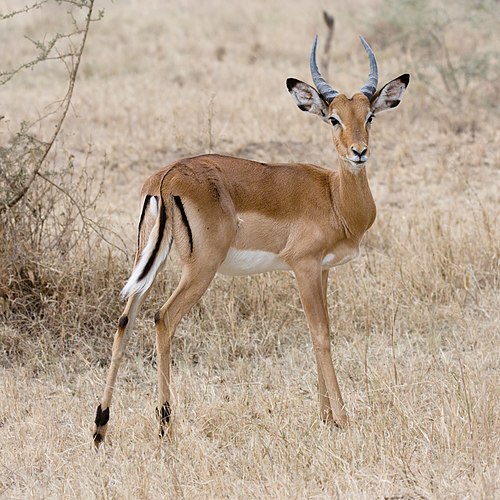Hivenoun
A structure, whether artificial or natural, for housing a swarm of honeybees.
Hivenoun
The bees of one hive; a swarm of bees.
Hivenoun
A place swarming with busy occupants; a crowd.
Hivenoun
A section of the registry.
Hiveverb
To enter or possess a hive.
Hiveverb
(intransitive) To form a hive-like entity.
Hiveverb
(transitive) To collect into a hive.
Hiveverb
(transitive) To store in a hive or similarly.
Hiveverb
(intransitive) To take shelter or lodgings together; to reside in a collective body.
Hivenoun
A box, basket, or other structure, for the reception and habitation of a swarm of honeybees.
Hivenoun
The bees of one hive; a swarm of bees.
Hivenoun
A place swarming with busy occupants; a crowd.
Hiveverb
To collect into a hive; to place in, or cause to enter, a hive; as, to hive a swarm of bees.
Hiveverb
To store up in a hive, as honey; hence, to gather and accumulate for future need; to lay up in store.
Hiveverb
To take shelter or lodgings together; to reside in a collective body.
Hivenoun
a teeming multitude
Hivenoun
a man-made receptacle that houses a swarm of bees
Hivenoun
a structure that provides a natural habitation for bees; as in a hollow tree
Hiveverb
store, like bees;
Hiveverb
move together in a hive or as if in a hive;
Hiveverb
gather into a hive;
Impalanoun
An African antelope, Aepyceros melampus, noted for its leaping ability; the male has ridged, curved horns.
Impalanoun
An antelope (Aepyceros melampus) of Southeastern Africa, the male of which has ringed lyre-shaped horns, which curve first backward, then sideways, then upwards. ALso called impalla and pallah.
Impalanoun
African antelope with ridged curved horns; moves with enormous leaps
Impalanoun
a graceful antelope often seen in large herds in open woodland in southern and East Africa.
Impala
The impala (, Aepyceros melampus) is a medium-sized antelope found in eastern and southern Africa. The sole member of the genus Aepyceros, it was first described to European audiences by German zoologist Hinrich Lichtenstein in 1812.




















